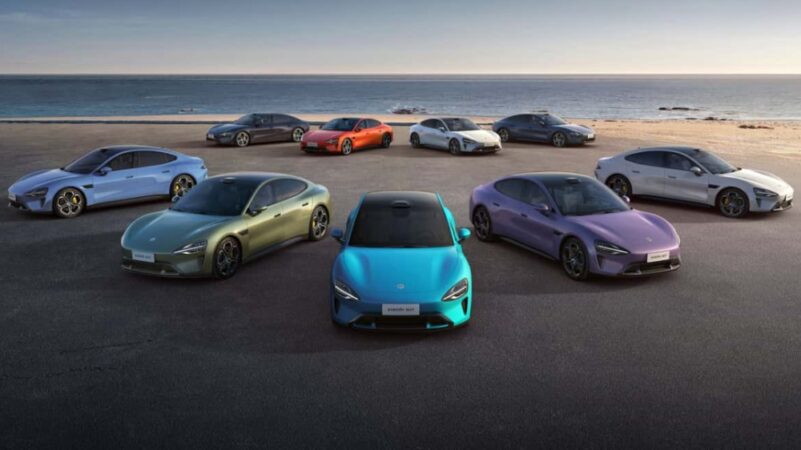Introduction
Electric vehicles (EVs) have rapidly gained prominence as a sustainable and innovative solution to the transportation challenges of the 21st century. As technology advances and environmental concerns intensify, the future of EVs appears more promising than ever. This article explores the latest innovations in electric vehicles and examines how these advancements are shaping the future of transportation.
The Rise of Electric Vehicles
The shift towards electric vehicles is driven by several key factors. Environmental concerns, advancements in technology, and supportive government policies are all contributing to the increasing adoption of EVs worldwide. The global market for electric vehicles is expanding rapidly, with significant growth in both developed and emerging markets.
Battery Technology Innovations
Current State of Lithium-Ion Batteries
Lithium-ion batteries are currently the standard in electric vehicle technology due to their high energy density and efficiency. However, researchers are continuously working to improve their performance, safety, and cost-effectiveness.
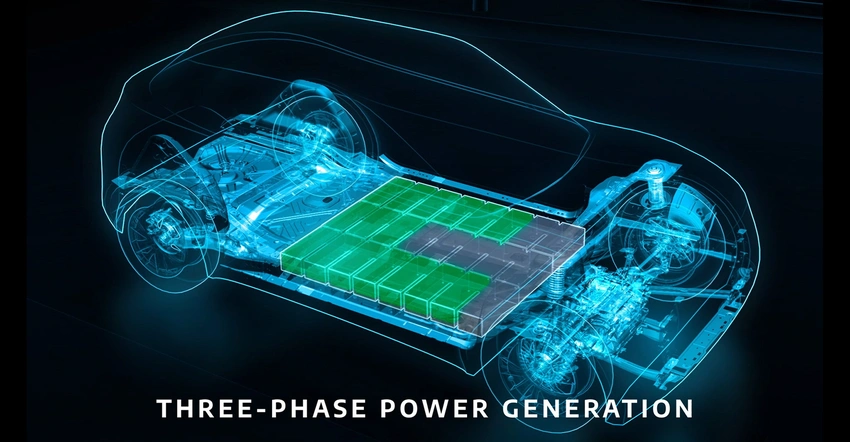
Advancements in Solid-State Battery Technology
Solid-state batteries represent the next generation of battery technology. They offer higher energy density, faster charging times, and improved safety compared to traditional lithium-ion batteries. This technology is expected to significantly enhance the performance and range of future electric vehicles.
Emerging Alternatives: Lithium-Sulfur and Graphene Batteries
In addition to solid-state batteries, other emerging technologies such as lithium-sulfur and graphene batteries are showing great potential. These alternatives promise even greater energy storage capabilities and faster charging times, potentially revolutionizing the EV industry.
Charging Infrastructure Development
Public Charging Networks
The expansion of public charging networks is crucial for the widespread adoption of electric vehicles. Governments and private companies are investing heavily in developing comprehensive charging infrastructure to support EV users.
Home Charging Solutions
Home charging solutions provide EV owners with the convenience of charging their vehicles overnight. Advances in home charging technology are making it easier and more affordable for consumers to install charging stations in their garages.
Ultra-Fast and Wireless Charging Technologies
Ultra-fast charging stations can significantly reduce charging times, making EVs more convenient for long-distance travel. Wireless charging technology, which allows vehicles to charge without the need for cables, is also being developed and tested.
Range and Performance Enhancements
Increasing Driving Range of EVs
One of the main concerns for potential EV buyers is the driving range. Innovations in battery technology and energy management systems are continuously increasing the range of electric vehicles, making them more practical for everyday use.
Performance Improvements in Electric Motors
Electric motors are becoming more efficient and powerful, providing better performance and driving experience. These improvements are making EVs more competitive with traditional internal combustion engine vehicles.
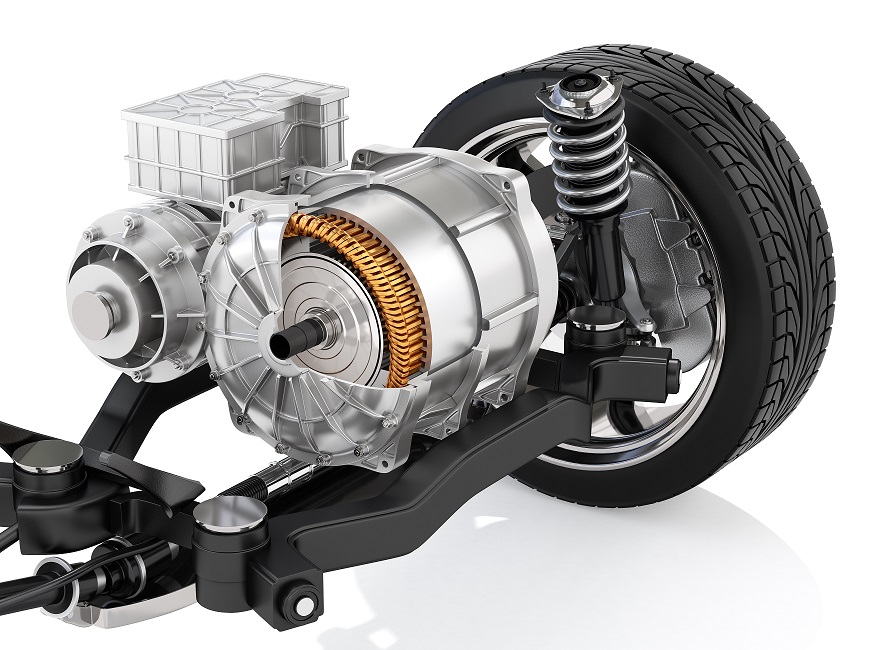
Autonomous Driving Integration
Synergy Between Electric and Autonomous Vehicles
The integration of autonomous driving technology with electric vehicles is creating a new frontier in transportation. Autonomous EVs can provide a safer, more efficient, and environmentally friendly mode of transport.
Levels of Autonomous Driving Technology
There are various levels of autonomous driving technology, from basic driver assistance systems to fully autonomous vehicles. As technology advances, we are moving closer to a future where fully self-driving electric cars are a reality.
Government Policies and Incentives
Government Initiatives Supporting EV Adoption
Governments around the world are implementing policies and initiatives to support the adoption of electric vehicles. These include regulations to reduce emissions, investment in charging infrastructure, and research funding.
Tax Incentives and Rebates for EV Owners
To encourage consumers to switch to electric vehicles, many governments offer tax incentives and rebates. These financial benefits make EVs more affordable and attractive to potential buyers.
Environmental Impact
Reduction in Greenhouse Gas Emissions
Electric vehicles produce zero tailpipe emissions, significantly reducing greenhouse gas emissions and air pollution. This makes EVs a crucial component in the fight against climate change.
Role of Renewable Energy in Charging EVs
The environmental benefits of electric vehicles are further enhanced when they are charged using renewable energy sources such as solar or wind power. This creates a sustainable and eco-friendly transportation ecosystem.
Economic and Social Benefits
Cost Savings for Consumers
While the initial cost of electric vehicles can be higher than traditional cars, the lower operating and maintenance costs provide significant savings over the lifetime of the vehicle.
Job Creation in the EV Industry
The growth of the electric vehicle industry is creating new jobs in manufacturing, infrastructure development, and research. This contributes to economic growth and provides new opportunities for workers.
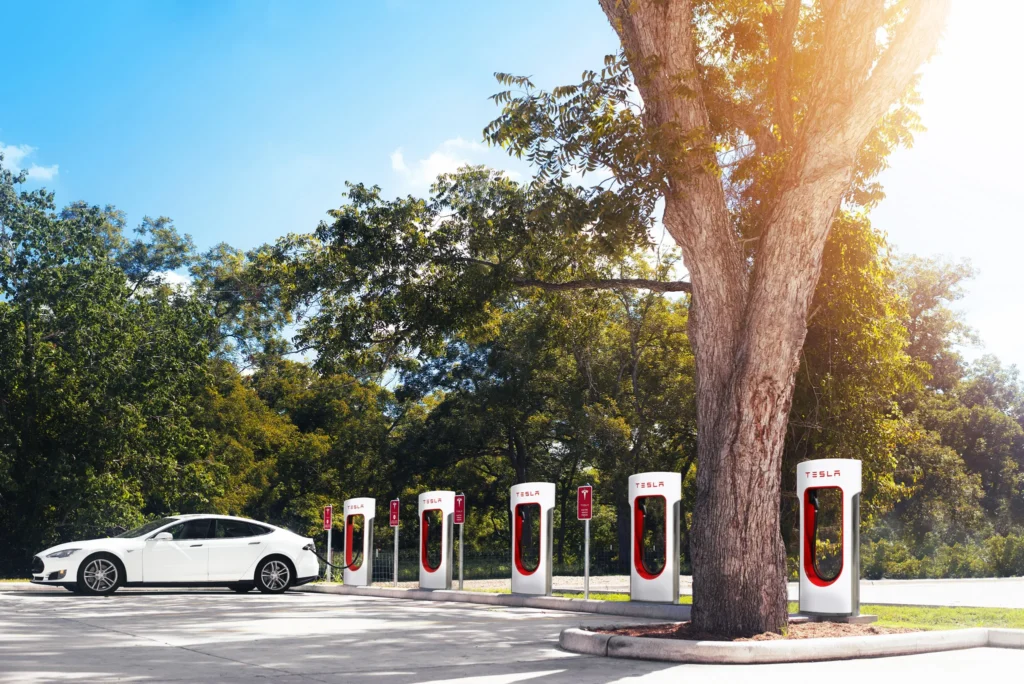
Challenges Facing the EV Industry
Battery Recycling and Disposal Issues
As the number of electric vehicles increases, so does the need for effective battery recycling and disposal solutions. Addressing these challenges is essential for the sustainability of the EV industry.
Grid Capacity and Energy Demand
The widespread adoption of electric vehicles will increase the demand for electricity. Ensuring that the grid can handle this increased load is a critical challenge that needs to be addressed.
Consumer Perception and Adoption
Changing Attitudes Towards Electric Vehicles
Consumer attitudes towards electric vehicles are changing as people become more aware of their benefits. Education and awareness campaigns are helping to shift public perception in favor of EVs.
Marketing Strategies to Increase EV Adoption
Effective marketing strategies are essential to promote electric vehicles and highlight their advantages. These strategies include emphasizing the environmental benefits, cost savings, and technological innovations of EVs.
Major Players in the EV Market
Leading EV Manufacturers: Tesla, Nissan, Chevrolet
Tesla, Nissan, and Chevrolet are among the leading manufacturers in the electric vehicle market. These companies have been instrumental in advancing EV technology and increasing its adoption.
New Entrants and Startups in the EV Space
In addition to established manufacturers, many startups are entering the EV market with innovative solutions and technologies. These new entrants are driving competition and accelerating the pace of innovation.
Future Trends in Electric Vehicles
Predictions for the Next Decade
The next decade is expected to see significant advancements in electric vehicle technology, including improvements in battery performance, autonomous driving capabilities, and charging infrastructure.
Impact of Emerging Technologies on EVs
Emerging technologies such as artificial intelligence, machine learning, and the Internet of Things (IoT) are set to further enhance the capabilities and efficiency of electric vehicles.
Case Studies: Successful EV Models
Tesla Model 3
The Tesla Model 3 has set a new standard for electric vehicles with its impressive range, performance, and advanced features. It has become one of the best-selling EVs worldwide.
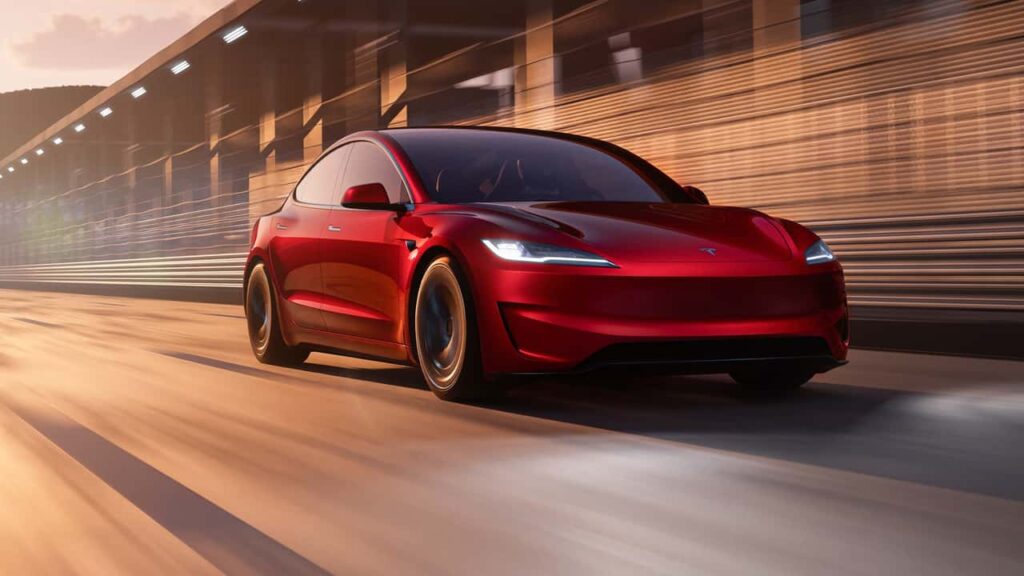
Nissan Leaf
The Nissan Leaf is another successful electric vehicle model that has been widely adopted. It offers a practical and affordable option for consumers looking to switch to electric transportation.
Chevrolet Bolt
The Chevrolet Bolt is known for its long range and affordability, making it a popular choice among electric vehicle buyers. It has received positive reviews for its performance and value for money.
Conclusion
The future of electric vehicles is incredibly promising, with ongoing innovations and advancements driving the industry forward. As battery technology improves, charging infrastructure expands, and consumer awareness grows, electric vehicles are set to become a dominant force in the automotive world. The journey towards a sustainable and efficient transportation future is well underway, and electric vehicles are leading the charge.
FAQs
- What are the main benefits of electric vehicles?
- Electric vehicles offer numerous benefits, including reduced emissions, lower operating costs, and quieter operation.
- How long does it take to charge an electric vehicle?
- Charging times vary depending on the charger type and the vehicle’s battery capacity. Fast chargers can significantly reduce charging times.
- Are electric vehicles more expensive than traditional cars?
- While EVs can have a higher upfront cost, savings on fuel and maintenance can make them more economical over time.
- What is the average range of an electric vehicle?
- The average range of modern EVs varies but typically falls between 150 to 300 miles on a single charge.
- Can electric vehicles help reduce air pollution?
- Yes, EVs produce zero tailpipe emissions, contributing to cleaner air and reduced pollution.
